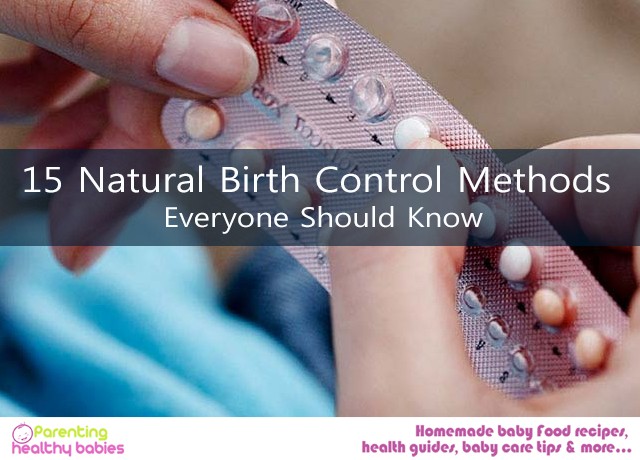If and when you and your partner are attempting to get pregnant, there is a chance that you are coming across some theories around fertility that are meant to help but may not be true. In this blog post, we will list 15 facts and myths about getting pregnant. Know what they are to become more aware:
15 Common Myths About Getting Pregnant
-
Being on birth control for a substantial period of time will cause a pregnancy to be delayed
This is a myth. If you are used to birth control for quite some time and abandon it all of a sudden, it will require some time for you to regain your fertility. There is no reason to worry, you will become fertile again.
-
Boxers are more suitable than briefs during the time of conception
This is a myth. It is likely that sperm count takes a hit when briefs leave little room for cooling down there. However, this heating is nowhere near effective to make a guy infertile, so the kind of underwear is not a big deal.
-
Laptops can weaken the sperm count
This is a fact. The heat generated by a laptop, if directly transmitted on your lap, can adversely affect sperm production.
-
Watching something romantic together can aid in pregnancy
This is a fact. Progesterone levels can increase when watching anything sexy or romantic together with your partner. As it is a sex hormone that influences romantic behavior, it is probably a decent idea to do that during intercourse.
-
Get some oysters in case you want to get pregnant
This is a fact. Across the food chain, oysters are unparalleled as a concentrated source of zinc. Zinc can increase sperm production and can also boost libido; which, of course, will be helpful during conception.
-
The probability of getting pregnant is higher if intercourse happens more on the fertile days
This is true. It has been observed that those who have intercourse regularly on the fertile days of the cycle are more likely to get pregnant. Hence, such regular sex is recommended for this purpose.
-
An egg can be fertilized for up to two days after release
This is a myth. Sperm can last for three days or more inside a woman’s body. However, an egg has a shelf life of only 12 to 24 hours. During any attempts to conceive, the timing is crucial.
-
The sex position influences the likelihood of conception
This is mostly a myth. Simply having intercourse without any kind of protection can result in pregnancy; the position does not matter. Therefore, much thought shouldn’t be given to this subject.
-
During conception, saliva is the most fertility-friendly lubricant to use
This is a myth. Just because bodily fluids originate from, well, our bodies, doesn’t mean that they will all be compatible. As a matter of fact, saliva is quite hostile to semen. Almost all massage oils and lubricants are not conducive to pregnancy. The best course of action is to either avoid them entirely or use lubricants that are more gentle, such as those having hydroxyethylcellulose or canola oil in general.
-
An orgasm is necessary for conception
This is a myth. Orgasms are always welcome, but the fact remains that the big O isn’t required for the purposes of pregnancy. You are welcome to keep this fact to yourself in case your partner is somehow oblivious. On the other hand, the female masturbation effect on fertility is indirect but has a positive impact on ovulation.
-
On average, a couple becomes successfully pregnant within 90 days of trying
This is a myth. Typically, conception is not an overnight exercise— no matter how passionate the night. While egg and sperm cells may meet up on the first attempt, on average, it can take a couple without any fertility issues up to 12 months of active effort before conception is fulfilled.
For women under 35, experts usually consider infertility when efforts to get pregnant have been futile for more than 12 months. For women over 35, the time period is six months, with the assumption that there are no other glaring issues (such as irregular cycles).
-
Smoking is not okay before conception
This is a fact. Both firsthand, and even secondhand, smoke, have been shown to adversely impact the likelihood of pregnancy. This is valid for both assisted and non-assisted reproduction.
-
If you’re pregnant for the first time, it is more likely for you to experience fertility challenges
This is a myth. Both primary and secondary infertility are similarly prevalent. The latter occurs when a couple finds getting pregnant troubling after they have already a baby or more. As a matter of fact, 60% of all infertility cases are of couples who have already been pregnant at least once prior to the occurrence.
-
There is no biological clock for men
This is a myth. Men certainly have a biological clock as well; it is one with a battery that lasts longer but not at the same quality. Men can produce functional sperm many years after 50, but around and after that age, many factors lead to fertility issues. These include decreasing sperm quality, quantity, motility, and strength, diminishing levels of testosterone, and other factors.
-
Certain foods can adversely impact fertility
This is a myth. While there is some conjecture surrounding certain foods with regards to their adverse impact on fertility, there isn’t a lot of proof for the same. Eating more or less anything per your appetite is recommended by experts.
References:
https://pubmed.ncbi.nlm.nih.gov/18469334/
https://www.ncbi.nlm.nih.gov/pmc/articles/PMC3455307/













